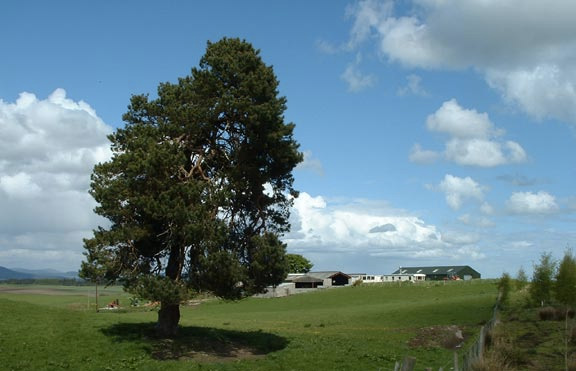
As part of routine meetings, NFU Scotland will be meeting with a number of Scottish MPs next week when the findings of the Scottish Affairs Committee’s interim report on land ownership will be raised.
Union President Nigel Millar, Jonnie Hall, Director of Policy and Clare Slipper, Parliamentary Officer, will be in Westminster on Tuesday and will be meeting with, amongst others, Ian Davidson MP, Alan Reid MP and Dr Eilidh Whiteford MP, who all sit on the Scottish Affairs Committee. They will be using this opportunity to discuss the report with these MPs.
There is a claim in the report that the current policy on Inheritance Tax, Business Property Relief, Agricultural Property Relief and non-domestic rates has to change as they are driving up the price of land and are used as a means to preserve inherited wealth. The Union understands the Committee’s concerns over rising land values but cannot agree that the suspension of agricultural tax relief can solve the problem; in reality it is likely to fracture the capital base of family farm businesses and remove that engine of skill, commitment and enterprise from the rural food economy.
NFU Scotland Chief Executive Scott Walker commented: “Land prices have become largely disconnected from the returns that can be made from agricultural activity. This can make it difficult for family farming businesses to expand or for individuals to get started in the industry.
“Taxation is a powerful tool. It can be used in a positive way to encourage the long term letting of agricultural land. Tax can incentivise land owners to support the establishment of new farm businesses and to invest in the vital infrastructure needed to support efficient quality production.
“We believe that there are measures that are necessary to help farm businesses expand and grow and become more productive and we also believe strongly that there are measures that are necessary to help new entrants get started in the agriculture industry. Renting land could be a more attractive entry to farming than buying land, as it allows new entrants to put their working capital into livestock and machinery.
“However the suggestion being put forward by the Scottish Affairs Committee of radical changes to the existing tax regime has potential to destroy family farming units.
“Family farms typically are asset rich but cash poor. On death, if there were no farmland exemptions, most farming families would have no choice but to sell a large proportion of farmland to pay the tax bill, and what land was left may be unviable in the context of modern farm businesses. Therefore we don’t believe taxation changes suggested would be in the best interests of Scottish agriculture.”
